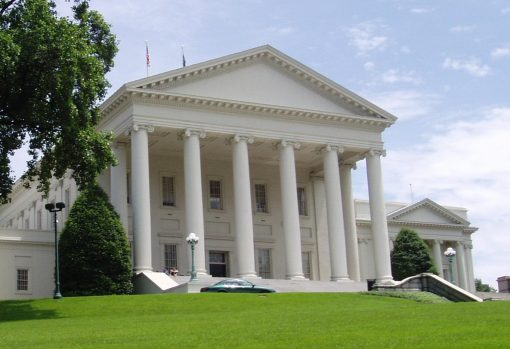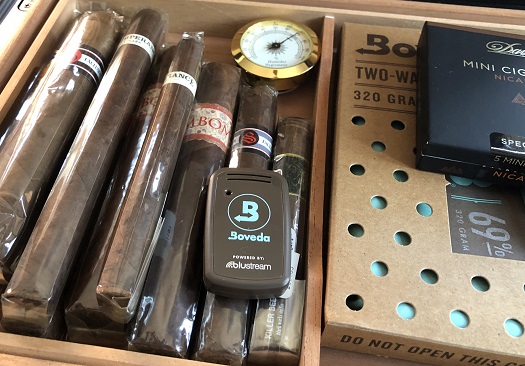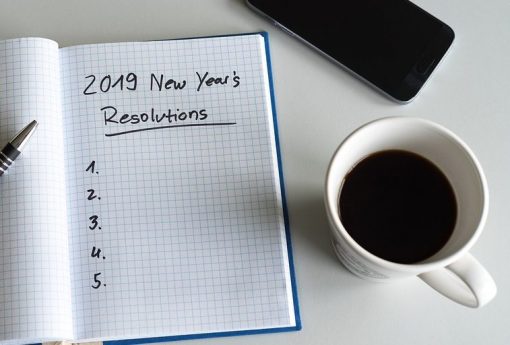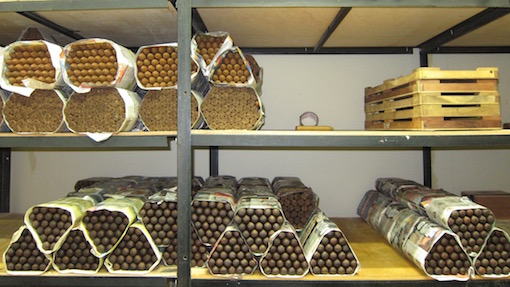
The deadline for comments to the Food and Drug Administration about whether or not it should regulate handmade cigars are due today at midnight. You should submit your comments here.
If you are wondering what to tell the FDA, we gave some succinct suggestions here. Our comments the FDA were a little more in depth. We reprint them here in their entirety:
As Publisher and Editor-in-Chief, respectively, of the cigar news and review site StogieGuys.com, and as cigar consumers, we strongly urge the Food and Drug Administration (FDA) to completely rescind—or, at the very least, significantly curtail—all FDA regulations that apply to handmade cigars.
We have been reporting and writing about the premium cigar industry for over a decade (since StogieGuys.com’s founding in May 2006) That level of experience is not required to understand that, because of their natural and handmade production process, premium cigars will always be an inferior product, compared to other tobacco products, when it comes to effective nicotine delivery. That, combined with their high price point, makes premium handmade cigars particularly unattractive to underage tobacco users. In sum, the interests of public health and harm reduction are not served by regulating premium handmade cigars.
Our comments today reincorporate our comments to the FDA from August 27, 2014 in opposition to any regulations of handmade cigars. Our comments then made five key points, each of which continues to be a compelling reason to not regulate handmade cigars, especially when compared to existing efforts to enforce pre-2016 regulations on cigarettes and other tobacco products:
1. Cigars are fundamentally different from cigarettes and most other types of tobacco.
2. The FDA should not extend authority at all, and certainly not to handmade cigars, because it lacks the ability to do so [given current and future budget constraints].
3. If the FDA erroneously chooses to [continue to] regulate cigars, it should adopt a premium handmade cigar exemption that doesn’t rely on an arbitrary price, or flavor distinctions.
4. FDA regulations on premium cigars will cost jobs, both domestically and abroad. (Avoiding unemployment is almost universally considered good for your health. For example, experts have found (https://bit.ly/2A1X1lZ) that “people who are unemployed: have poorer physical and mental health overall, consult their [primary physician] more, are more likely to be admitted to hospital, [and] have higher death rates.”)
5. The FDA should focus on existing regulations, not expanding new regulations to handmade cigars.
Subjects one, two, four, and five demonstrate why the FDA’s mission of public health, with a special focus on the prevention of tobacco use by minors, should exempt handmade cigars so the focus can be on cigarettes and other tobacco products that fulfill the FDA’s above-stated goals.
We further emphasize the third key point made in our 2016 comments regarding a potential definition used for premium or handmade cigars: If the FDA decides to exempt “premium” cigars, it should do so based on the artisanal techniques used to produce handmade cigars. If, however, the FDA insists on using product cost to draw such a line, it should rely on the only line drawn by Congress which limited SCHIP tax rates to the first 40.26 cents of the wholesale price per cigar (i.e., cigars with a wholesale price above 40.26 cents should be exempt and classified as premium cigars).
Regulation of Handmade Cigars Won’t Advance the FDA’s Stated Goals
If the FDA is devoted to deploying its resources to pursue an agenda of harm reduction, this militates against regulating handmade cigars. The undeniable truth is virtually every human activity—including choices about diet, exercise, healthcare, social relationships, etc.—comes with some health risk. The FDA has recently moved towards a focus on risk-reduction, whereby regulatory activity is judged by its net effects, taking into account that regulation can and will steer individuals towards other, more or less risky, activities. Decreased regulation of handmade cigars logically follows from these stated goals.
Those who have read the National Institute of Health’s “Monograph 9: Cigars: Health Effects and Trends” and overviews of the health impacts of cigarette use will conclude that if the average cigarette smoker were suddenly transformed into the average handmade cigar smoker, public health would be far better off. Cigar smokers tend to smoke far less frequently and are therefore are far more capable of quitting, should they decide to.
The Regulation of Handmade Cigars Will Be Unwieldy
While handmade cigars are made in what is called a “cigar factory,” ultimately compared to most modern standardized manufacturing practices, the very nature of handmade cigars is far less precise than other more mass-market tobacco products. In fact, it is fair to say that the basic cigar manufacturing process has evolved little in decades, or perhaps even centuries.
Cigars are made with very broad specifications, which leaves significant discretion to each cigar roller to produce a final cigar that bares the key characteristics of the blend but is ultimately tweaked slightly to produce a cigar that will still combust and taste as expected by the consumer. The fact is, each cigar leaf is not identical in size, nor can each tobacco be produced uniformly because each frequently comes from a different farm (and part of that farm), a different growing season, and had been hand-processed by a different person.
In other words, no two handmade cigars are ever identical. This makes any attempt to regulate cigars through an FDA pre-approval process inherently unwieldy and unworkable.
The FDA’s Limited Resources Should Be Focused On More Consequential Tasks
Perhaps most critically, the FDA should exempt handmade cigars. Given existing fiscal realities, FDA regulation of handmade cigars would mean less regulatory resources elsewhere. If the FDA had infinite resources to regulate all tobacco products, the correct question to ask would be: Can regulation of handmade cigars create any net health benefit? But even if it could, that is not the reality the FDA faces today, or will ever face.
In a world of growing deficits, increasing financial obligations from entitlement spending, and little appetite for large tax increases, the FDA must accept it is increasingly being asked to do more with less, or at the very least more with the same resources, especially considering its existing large portfolio of non-tobacco regulatory mandates. In that light, the real question the FDA should ask as it considers whether to undertake the regulation of handmade cigars is: Will regulation of handmade cigars, to the detriment of other FDA regulatory activities, create a net gain in public health or risk reduction?
When judged against the potential impact of deploying FDA resources elsewhere, the considerable resources that would need to be devoted to any regulation of handmade cigars (which overwhelmingly produced in jurisdictions outside the United States) cannot be justified. Studies do not show that handmade cigars are used in any meaningful amounts by minors, and in fact even the previous FDA-cited justifications conflated handmade cigar use with use of non-handmade cigars, and also repeatedly conflated tobacco use by adults as old as 25 or even 29 with those of minors (see: https://bit.ly/2dIDpan), almost certainly because of the lack of evidence that studies show that actual minors are using handmade cigars. Whether the FDA chooses to focus on public health overall or tobacco use by minors, regulation of handmade cigars does not serve that goal when compared to using the same taxpayer dollars elsewhere.
Finally, while we believe current overwhelming evidence should cause the FDA to leave handmade cigars out of its tobacco regulation regime, such a decision would not preclude the FDA from, should new evidence be produced or documented use patterns change, revisiting the issue at later date. Barring an act of Congress specifically exempting handmade cigars (there has been, and continues to be, wide bipartisan support for such an exemption), the FDA will still retain such regulatory powers to be deployed later under the Tobacco Control Act.
When it comes to the many tasks given to the FDA by Congress, whether for tobacco regulations or other public health goals, regulating the small percentage of tobacco products that constitute handmade cigars at this time cannot advance the FDA’s larger goals of risk reduction and overall public health compared to deploying the FDA’s limited resources elsewhere. Therefore, we ask the FDA to eliminate its current regulations of handmade cigars.
–Patrick A & Patrick S
photo credits: Stogie Guys








 Patrick Ashby
Co-Founder & Editor in Chief
Patrick Ashby
Co-Founder & Editor in Chief Patrick Semmens
Co-Founder & Publisher
Patrick Semmens
Co-Founder & Publisher George Edmonson
Tampa Bureau Chief
George Edmonson
Tampa Bureau Chief